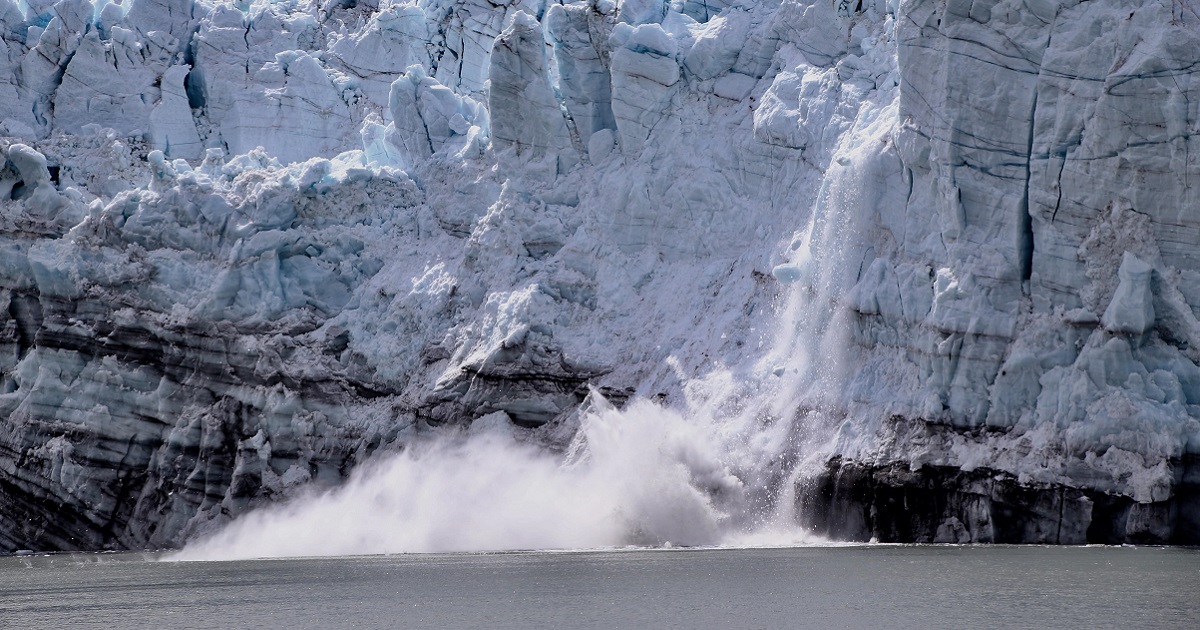Mounting Global Risks
Global Risks Report 2020 forecasts what top minds view as imminent concerns leaders must address and paints an interesting picture of global risks, as well as how these have evolved over time.
The report garners results from an annual Global Risks Perception Survey and, 2020’s survey saw over 750 global experts from the World Economic Forum (WEF) community respond. These experts rank their biggest concerns in terms of likelihood and impact. The report, produced in partnership with Marsh & McLennan and Zurich Insurance Group, and published ahead of this year’s 50th WEF annual meeting, points to a need for policymakers to add even more impetus to targets for protecting the Earth like they have done towards boosting economies – and for companies to avoid the risks of potentially disastrous future losses by taking action.
The Global Risk Perception Survey asked respondents to assess: one, the likelihood of a global risk occurring over the course of the next 10 years, and two, the severity of its impact at a global level if it were to occur.
These are the top five risks noted by likelihood in the next 10 years:
- extreme weather events such as floods and storms
- failure of climate change mitigation and adaptation
- major natural disasters such as earthquake, tsunami, volcanic eruption and geomagnetic storms
- major biodiversity loss and ecosystem collapse
- human-made environmental damage and disasters
These are the top five risks noted by severity of impact in the next 10 years:
- failure of climate change mitigation and adaptation
- weapons of mass destruction
- major biodiversity loss and ecosystem collapse
- extreme weather events such as floods and storms
- water crises
The Environment
The environment has been a hot topic for a number of years in various arenas and on various platforms. For the first time in a decade of review, the WEF’s Global Risks Report showed environmental risks feature in the top five global risks in terms of their likelihood. On the social media front, phrases like ‘climate change’, ‘positive’ and ‘impact’ trended on Twitter, summing up what was sought from the event and the sentiment of those eagerly following its progress.
Pressure on businesses and government has mounted demanding action on climate change and other environmental threats. It is debatable what action the gathering of what is meant to be Stakeholders for a Cohesive and Sustainable World has brought about. On the one hand, some progress has been made with, for example, BlackRock, the world’s biggest money manager, having their chairman and chief executive, Larry Fink, commit to exiting some of the investments that carry sustainability risk.
The commitment notes that the environment will be firmly added to the list of key considerations for future investments for the asset manager. In a published letter, Fink affirms the business’ long-term investment philosophy and augments it with climate concerns, ‘Last September, when millions of people took to the streets to demand action on climate change, many of them emphasized the significant and lasting impact that it will have on economic growth and prosperity – a risk that markets to date have been slower to reflect. But awareness is rapidly changing, and I believe we are on the edge of a fundamental reshaping of finance.’
Though the commitment is significant, many participating companies eagerly spoke of the perils of climate change and its influence on business, though few had tangible action plans to share. Similarly, the commitment is comparatively progressive in light of whole economies having made pledges to, for example, reduce carbon emissions, though not producing demonstrable results. The impetus on making constructive change is palatable but remains ill-addressed.
Considering likelihood, risk respondents noted extreme weather events such as:
- floods and storms
- failure to mitigate climate change or adapt to it
- earthquakes, tsunamis, volcanic eruptions and other natural disasters
- loss of biodiversity, hence, ecosystem collapse
- manmade environmental damage and disasters as the top risks
By severity of impact, failure to mitigate climate change or adapt to it, weapons of mass destruction, major loss of biodiversity and ecosystem collapse, extreme weather events and water crises, were listed as the top five risks. As a warning to the Davos cohort, Børge Brende, President of the WEF, pointed out, ‘The political landscape is polarised, sea levels are rising and climate fires are burning.’
The Global Economy
The economy may have disappeared from the top five ranking this year, though global economic risk considerations have, in a sense, evolved. 78 per cent of survey respondents confirmed their expectation that ‘economic confrontations’ and ‘domestic political polarisation’ are likely to rise this year.
From the view of lobbyists and concerned activists, these stakeholders are taking too long. For business, environmental changes and plans to deal with these in their current state and mitigate them going forward, are not without mounting concerns about tangible risks to bottom lines.
The environment and the economy are now more than ever inextricably linked given, among others, increased pressure from consumers and employees alike to make a tangible difference, government regulations such as carbon tax, and the ever-present prospect that ratings agencies will factor in climate risk with financial implications. We’ve already seen this with recent examples such as flooding in the US, a heat wave in Sweden, fires and storms in Puerto Rico, the Australian fires this year and the Californian wildfires last year.
‘The global economy is faced with a synchronised slowdown, the past five years have been the warmest on record, and cyberattacks are expected to increase this year—all while citizens protest the political and economic conditions in their countries and voice concerns about systems that exacerbate inequality’, notes Brende.
The Davos gathering saw a definite increase in rhetoric on the subject of sustainability and verbal commitments to the cause though few action plans from economic powerhouses. A report issued last month by the Bank for International Settlements, the international financial institution made up of 60-member central banks from across the world, said climate change could cause the next financial crisis.
Resolutions
When the top politicians and business leaders across the globe assembled in Davos, Switzerland in January, key themes that have arisen in the past arose again and bring into question resolutions needed. The connections between identified risks further necessitate collaborative solutioning on the part of business and, indeed, governments, in order to address them. How much of this has been achieved remains questionable, and, how much is possible given the current political climate is debatable.
‘Indeed, the growing palpability of shared economic, environmental and societal risks signals that the horizon has shortened for preventing— or even mitigating — some of the direct consequences of global risks. It is sobering that in the face of this development, when the challenges before us demand immediate collective action, fractures within the global community appear to only be widening,’ says Brende.
These key challenges require collaborative address in resolving them individually, and, at their ever-present intersections. Those who attend the Davos gathering are said to be global shapers and influencers. Post the session, it remains to be seen if these are roles attendees can actively fulfil while global risks mount.
Main photo by Magdalena Kula Manchee on Unsplash.

